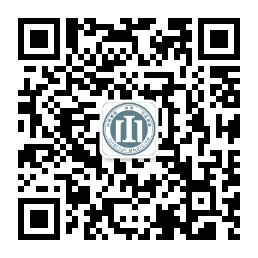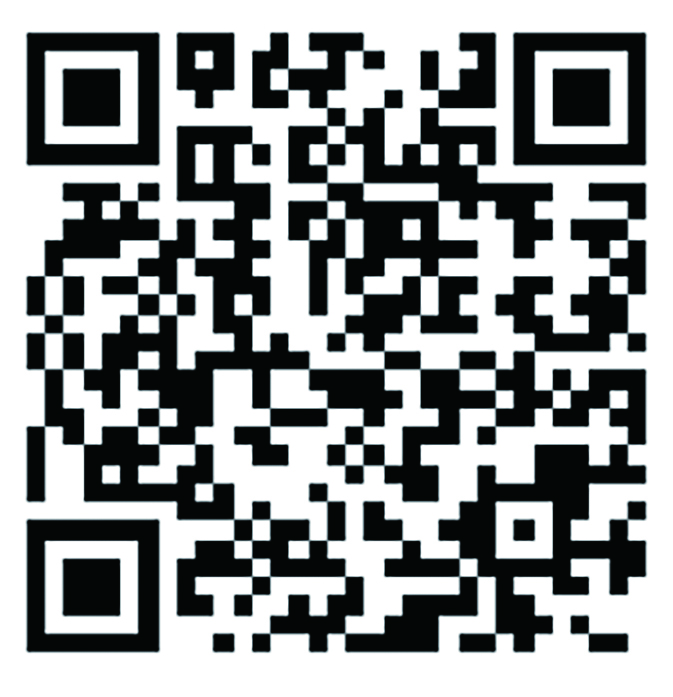目的 总结盆腔炎中医护理领域的研究热点。方法 基于中国知网、万方数据、聚合生物医学知识服务平台等数据库,检索1996年1月至2024年4月有关盆腔炎中医护理的文献,应用CiteSpace软件对纳入文献进行可视化的文献计量学分析。结果 共有876篇文献被纳入,年发文量总体呈现波动增长趋势,其中2020年发文最多。关键词共现及高频关键词分析结果显示,出现频次最高的20个关键词中,有9个关键词的中介中心性≥0.1。高频关键词主要包括了中医护理方法和护理质量两大方面。中医护理方法包括健康宣教、情志护理、辨证施护等关键词;护理质量包括生活质量、围手术期、胃肠功能、并发症等关键词。关键词聚类分析结果显示,聚类顺序依次为:中医护理、护理、健康宣教、中医、辨证施护、治疗效果、中医妇科、胃肠功能、临床症状、穴位贴敷、保留灌肠。聚类效应Q值(模块度)为0.58,S值(轮廓系数)为0.87。关键词突现分析显示:2010~2015年,盆腔炎中医护理领域的研究主要集中于盆腔炎围手术期的中医护理和效果评价;2016~2018年,有关盆腔炎的护理方案和健康宣教类文献开始增多;2019年以后,研究者们开始重视多种中医护理技术的联合应用及情绪对盆腔炎护理的影响;1996年1月至2024年4月突现强度排名前3位的关键词为辨证施护、生活质量和穴位艾灸。关键词时间线图分析结果显示,中医护理、护理、健康宣教研究时间跨度最长,在1996年左右就有盆腔炎中医护理相关研究,并一直持续至今;2005年左右辨证施护、保留灌肠等关键词开始出现,但集中出现于2013~2017年。结论 盆腔炎中医护理逐渐受到重视并得到发展,辨证施护的基本思想始终贯穿于盆腔炎中医护理相关研究演变的整个过程,多种中医护理技术联合应用于盆腔炎护理,研究发展状况良好,进一步可对盆腔炎中医护理评价体系的构建和评价工具的编制进行研究。
内科 页码:173-180
作者机构:广西中医药大学,南宁市 530015
基金信息:广西壮族自治区中医药管理局中医药适宜技术开发与推广项目(GZSY2024034) 通信作者:韩叶芬
- 中文简介
- 英文简介
- 参考文献
Objective To summarize the research hotspots in the field of traditional Chinese medicine (TCM) nursing for pelvic inflammatory disease. Methods Based on databases such as CNKI, Wanfang Data, and Juhe Biomedical Knowledge Service Platform, literatures on TCM nursing for pelvic inflammatory disease published from January 1996 to April 2024 were retrieved, and a visualized bibliometric analysis of the included literatures was performed by the CiteSpace software. Results A total of 876 literatures were included, demonstrating an overall fluctuating growth trend in annual publication volume, with the highest number of publications observed in 2020. Results of co-occurrence keyword and high-frequency keyword analyses showed that among the 20 most frequently occurring keywords, 9 had a betweenness centrality ≥0.1. High-frequency keywords mainly covered two aspects: TCM nursing methods and nursing quality. TCM nursing methods included keywords such as health education, emotional nursing, and syndrome differentiation-based nursing; nursing quality included keywords such as quality of life, perioperative period, gastrointestinal function, and complications. Keyword clustering analysis results showed the clustering order as follows: TCM nursing, nursing, health education, TCM, syndrome differentiation-based nursing, treatment effect, gynecology of TCM, gastrointestinal function, clinical symptoms, acupoint application, and retention enema. The clustering effect had a Q value (modularity) of 0.58 and an S value (silhouette coefficient) of 0.87. Keyword burst analysis showed that from 2010 to 2015, researches in the field of TCM nursing for pelvic inflammatory disease mainly focused on TCM nursing and effect evaluation during the perioperative period of pelvic inflammatory disease; from 2016 to 2018, literatures on nursing protocols and health education for pelvic inflammatory disease began to increase; after 2019, researchers started to pay attention to the combined application of multiple TCM nursing techniques and the impact of emotions on pelvic inflammatory disease nursing; from January 1996 to April 2024, the top 3 keywords in burst strength were syndrome differentiation-based nursing, quality of life, and acupoint moxibustion. Results of keywords timeline analysis showed that TCM nursing, nursing, and health education had the longest research time span, with related studies on TCM nursing for pelvic inflammatory disease emerging around 1996 and continuing to the present; keywords such as syndrome differentiation-based nursing and retention enema began to appear around 2005 but concentrated from 2013 to 2017. Conclusion TCM nursing for pelvic inflammatory disease has gradually gained attention and development. The basic concept of syndrome differentiation-based nursing has consistently permeated the entire evolution of research related to TCM nursing for pelvic inflammatory disease. The combined application of multiple TCM nursing techniques in pelvic inflammatory disease nursing has shown good research development. Further research can be conducted on the construction of an evaluation system and the development of evaluation tools for TCM nursing in pelvic inflammatory disease.
- ref




 注册
注册 忘记密码
忘记密码 忘记用户名
忘记用户名 专家账号密码找回
专家账号密码找回 下载
下载 收藏
收藏
